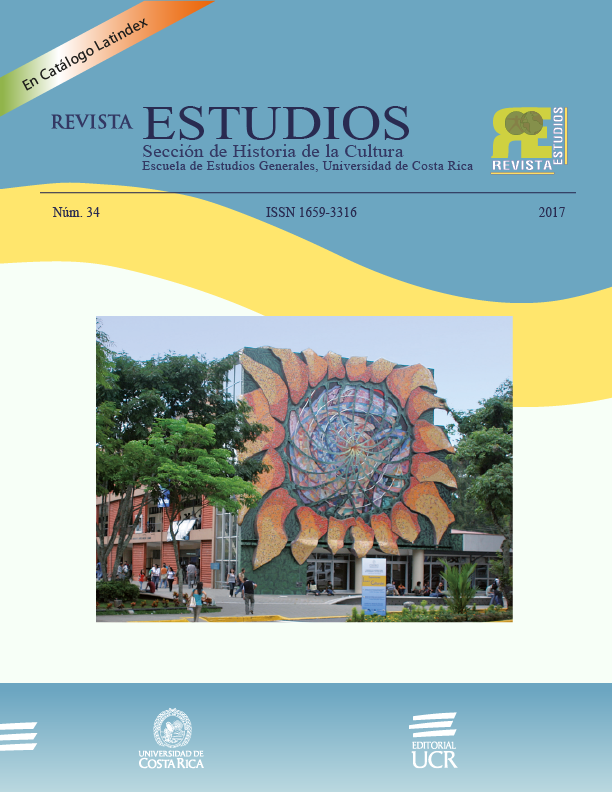Abstract
Jewish thought is a thought of urgency, not of any urgency: of ethical urgency. This dimension will meet and unite, despite countless differences and particularities, the speculative constructions throughout the history of Jewish wisdom that the past bequeathed us and, in the contemporary times, specifically in the tumultuous twentieth century. With this text, we intend to proceed to a rather synthetic analysis of the cultural encounter between the thoughts classified roughly as of Greek and Jewish matrix, from a brief examination of two Levinas texts: the famous "La Bible et les Grecs" and the preface to Difficile liberté. In the end, after this historical-philosophical Levinasian errand, we want to rediscover Adorno and his ever-recurrent proposition, trying to infer what "Jewish philosophy" means in terms of radical ethical-philosophical demand, in the present time.References
ADORNO, Theodor W. Minima Moralia. Frankfurt am Main: Suhrkamp, 2006 (São Paulo: Editora Ática, 1993).
ADORNO, Theodor W. – HORKHEIMER, Max. Dialektik der Aufklärung:
Philosophische Fragmente. Frankfurt am Main: Fischer, 1969
LEVINAS, Emmanuel – Difficile Liberté: Essais sur le judaïsme. Deuxième édition refondue et complétée. Paris: Albin Michel, 1976.
_____, A l’heure des nations. Paris: Minuit, 1988.
SOUZA, R. T. Razões plurais – itinerários da racionalidade ética no século XX, Porto Alegre, EDIPUCRS, 2004.
_____, Ética como fundamento II – pequeno tratado de ética radical, Caxias do Sul: EDUCS, 2016.
_____, “Da neutralização da diferença à dignidade da Alteridade: estações de uma história multicentenária”, in: SOUZA, R. T. Sentido e Alteridade – Dez ensaios sobre o pensamento de E. Levinas, Porto Alegre: EDIPUCRS, 2000

